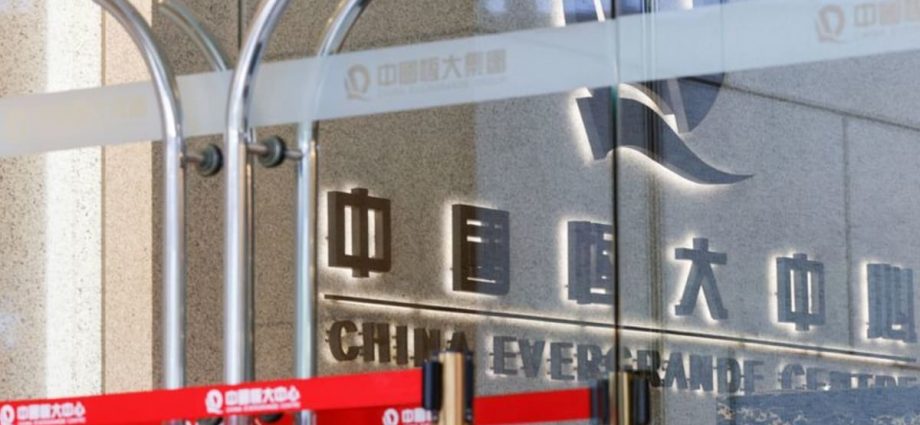
HONG KONG: China’s real estate crisis is casting a darkening cloud over governance and financial prospects of once highly valued property management companies, triggering a rout in their shares and making investors cautious.
Already battered share prices have fallen a further 7 per cent this month as investors have reacted to the latest instances of such companies lending support to cash-strapped developer parents.
“The capital market has lost confidence in some of the property management companies, even in those companies that have not seen misuse of funds by their parents,” said UBS’s head of China and Hong Kong property research, John Lam.
In one of the latest two cases that have unnerved investors, China Evergrande Group said on Jul 22 an internal probe had found that US$2 billion of funds held by subsidiary Evergrande Property Services had been pledged to guarantee financing by the group for debt repayment.
In the end, banks seized the money, cleaning out much of the unit’s cash. China Evergrande Group, the world’s most indebted property developer, has been at the centre of China’s property crisis, in which many such companies have defaulted as a result of government moves to deleverage the sector.
Then on Aug 1 shares in property manager Jinke Smart Services Group dropped 37 per cent after it said it would lend up to US$222.3 million to parent Jinke Property.
As the crisis developed last year, some property management units issued and sold shares to raise funds that were passed back to parents.
Also, property manager Shimao Services Holdings bought a business from developer parent Shimao Group at an unusually high price.
Such doings have not pleased investors. Since mid-2021, valuations for management subsidiaries of distressed developers have plunged from a peak of 25 times earnings to just five to six times, according to Lam, who added that those still above this level could come under downward pressure.
Since the announcement by Jinke Smart Services, the Hang Seng sub-index that tracks major mainland property management companies has lost 7 per cent, while the broader Hang Seng Index is down less than 1 per cent.

